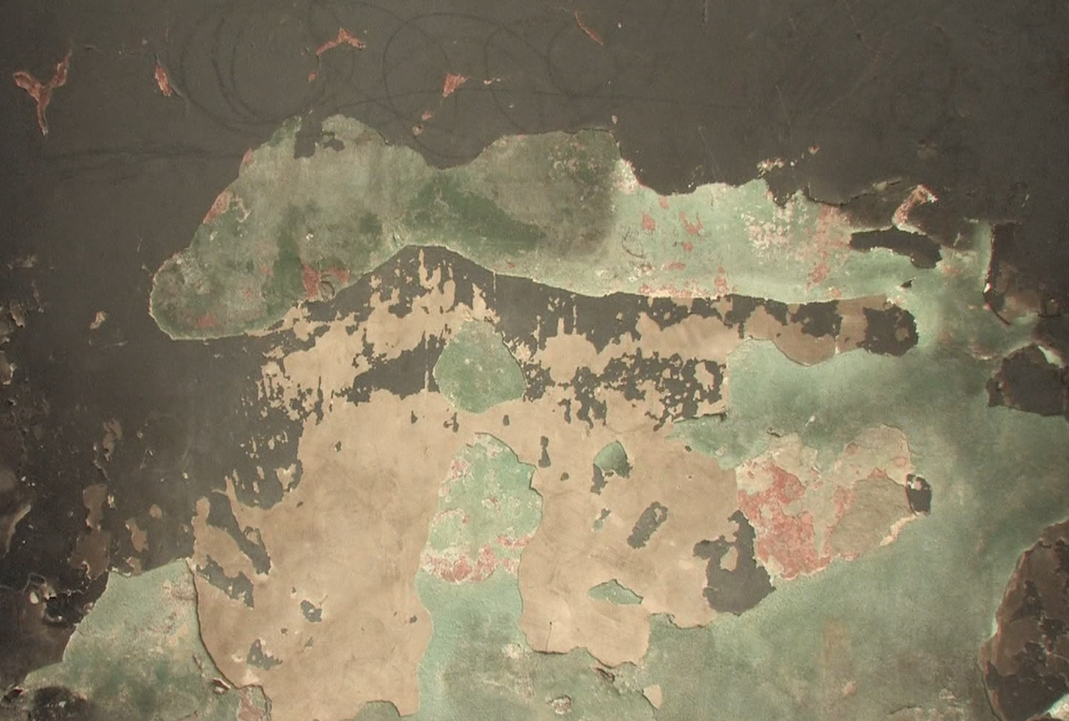Italy, Literature, 2021
Francesca
Melandri

Francesca Melandri’s novels do not conform to the ideal of a Mediterranean literary genre that above all aims to be heartwarming. Rather than being primarily focused on themes of love, passion, female friendships, southern lifestyles, or social advancement, her works address political issues and refer to key moments in recent Italian history. This may sound like journalism, but it’s not. Melandri is a storyteller who montages episodes from the lives of fictional individuals against a backdrop of real events.
Melandri’s use of montage as a structuring principle is most likely carried over from her work for film and television. Having gained experience as a screenwriter, she set about writing novels, three of which have been published to date: Eva dorme (translated into English by Katherine Gregor as Eva Sleeps), Più alto del mare, and Sangue giusto. Melandri describes them as the “fathers’ trilogy,” suggesting that, despite their apparent differences in terms of approach and subject matter, they are united by a larger vision.
These novels are the work of a highly observant contemporary writer. Melandri constructs narratives in which characters are set against the background of modern Italian society, but still remain recognizable as individuals experiencing their own crises and disasters. Sangue giusto is Melandri’s most sweeping novel to date. Through the main character and her family, it offers a panorama of twentieth-century Italian history, spanning from fascism and colonial war (Abyssinia) to the revolving-door governments after the Second World War, through to the refugee crisis and political circus of present-day Italy.
Colonialism remains a repressed topic in Italy—people are never keen to talk about their own imperialist sins. Mussolini’s alliance with Hitler and Italy’s role as an Axis power in the Second World War divided and shook the country to its proletarian and bourgeois core. Melandri knows this and subtly probes these hidden depths. And then there is the other subject no one wants to talk about—a theme that is rather obscured in the title of the German translation of this successful novel: Alle, außer mir (Everyone But Me). The phrase refers specifically to the patriarchal figure of Attilio Profeti, whose past life and family relations are investigated by his daughter Ilaria, a teacher, who is the main character in the book. The original Italian title—Sangue giusto (Right Blood)—is far more revealing: every element of this story is related to the question of having the ‘right blood,’ in other words, to an underlying racism that exposes the structure of Italian society, both then and now. When a mixed-race man turns up at Ilaria’s door one day—an Ethiopian refugee who turns out to be more than just one of many new migrants arriving in Italy—his presence brings chaos into the lives of a Roman family. With the aid of a simple dramaturgical trick, Melandri paints a telling portrait of the state of contemporary Italy. It made me, as a German reader, wonder how an architect from Essen, a chemist from Dresden, or a Green Party representative might react if a Russian nephew suddenly turned up at her door with a story involving his grandmother, who once worked as a cleaner in a Wehrmacht canteen, and her grandfather, who up to now has been known only as a highly reputable former prisoner of war and a faithful husband. With Sangue giusto, Melandri offers a kind of political psychoanalysis, recalling Alexander Kluge’s observation that: “We are separated from yesterday not by an abyss, but by the changed situation.”
Text: Durs Grünbein
Translation: Jacqueline Todd



